US must put words into action, swiftly honor JCPOA commitments under UN resolution: Iran
Iran has slammed the new US administration for the mere talk of a return to the 2015 nuclear deal, while sticking, in practice, with the “maximum pressure” campaign initiated by ex-president Donald Trump, calling on Washington to reverse course and immediately begin respecting the UN resolution that endorsed the agreement.
“Withdrawal from Resolution 2231 is among the main ominous legacies of Trump, which we have repeatedly talked about and the [new] American officials are keeping up today. The US should immediately implement Security Council Resolution 2231,” Ali Rabiei, the Iranian administration’s spokesman, said at his weekly press briefing on Tuesday.
Iran expects the US administration to put its words into action, he said. “This will not come about unless the US administration takes a first step by beginning to immediately and completely honor Resolution 2231 like a responsible member of the United Nations.”
“As we have repeatedly announced, if the other parties to the JCPOA return to Resolution 2231, we are also ready to return to our own commitments,” said Rabiei, using an acronym for the formal name of the deal, the Joint Comprehensive Plan of Action.
On the one hand, Rabiei said, high-ranking US officials have admitted that Trump’s so-called maximum pressure campaign has been defeated, but, on the other hand, their statements and conduct are reflective of the same failed policy.
He highlighted the fact that the “maximum pressure” policy led to America’s isolation on the world stage and said, “the important thing, however, is that US officials explicitly say that defeat (isolation) was the outcome of a bigger defeat, which was a consequence of the maximum pressure being fruitless. This means the US administration has recognized this nation’s victory against Trump.”
In May 2018, Trump unilaterally pulled out of the JCPOA and reinstated the anti-Iran sanctions that had been lifted by the virtue of the deal.
The Trump administration also launched what it called a maximum pressure campaign against Iran, targeting the Iranian nation with the “toughest ever” restrictive measures.
A year after the US’s withdrawal, the Islamic Republic began a set of countermeasures that saw it suspending its commitment to the JCPOA gradually and through many steps as the allies would sustain their non-commitment to the deal.
Trump’s predecessor, Joe Biden, has spoken of a willingness to return the US to the JCPOA, but he has conditioned such a move on a halt in Tehran’s retaliatory measures.
Tehran has, however, rejected the condition, arguing that Washington, as the party that first reneged on its promises, must prove it is truly willing to rejoin the JCPOA by lifting the sanctions it has re-imposed on Iran in a practical and verifiable way.
The spokesman further said the measures adopted recently by the Biden administration to undo a number of Trump’s hostile anti-Iran moves placed the US on a “constructive path.”
“Although we welcome these belated measures and consider them as putting America on a constructive path, we see them as extremely insufficient,” Rabiei said.
The Biden’s administration on Friday reversed two measures adopted by his predecessor Trump against Iran and offered to rejoin negotiations with the Islamic Republic and other parties to the JCPOA.
Elsewhere in his presser, Rabiei said the Iranian administration, as the country’s executive body, considers itself obligated to completely implement a law recently approved by the Parliament to serve national interests.
In line with the law, he added, “We stopped the implementation of the Additional Protocol,” which allows snap inspections of the country’s nuclear facilities, following the February 21 deadline set by Tehran for the removal of US sanctions.
The withdrawal from the Protocol adds to Iran’s previous steps away from the JCPOA in response to the US’s unilateral withdrawal in 2018 and the other parties’ failure to fulfill their commitments.
Addressing a Sunday evening meeting with members of the Assembly of Experts, Leader of the Islamic Revolution Ayatollah Seyyed Ali Khamenei said the Islamic Republic will not back down from its right to peaceful nuclear technology and will continue its progress in this field in line with the country’s present and future needs.
VIDEO | Sydney protests demand action as Israel faces ICC warrant for war crimes
Iran to host ‘important’ ECO foreign ministers' meeting in Mashhad
Wounded in Israeli strike, health of Kamal Adwan Hospital's director worsens
VIDEO | Press TV's News Headlines
Iran reports 11% drop in domestic red meat supply
Arab League affirms support for Iraq amid Israel's threats of military action
VIDEO | Fierce fight in Southern Lebanon
Over 1000 medics killed in Gaza as Israel systematically targets hospitals


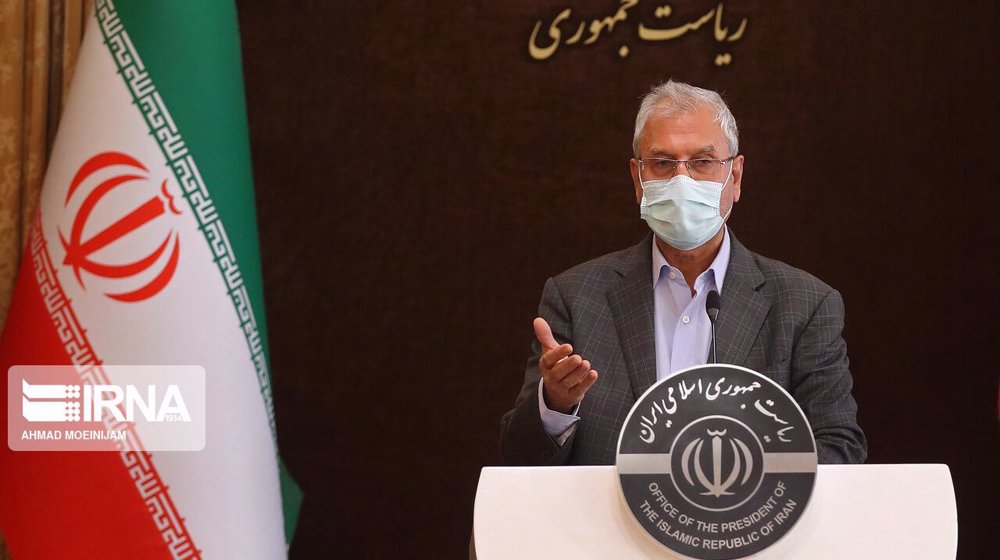

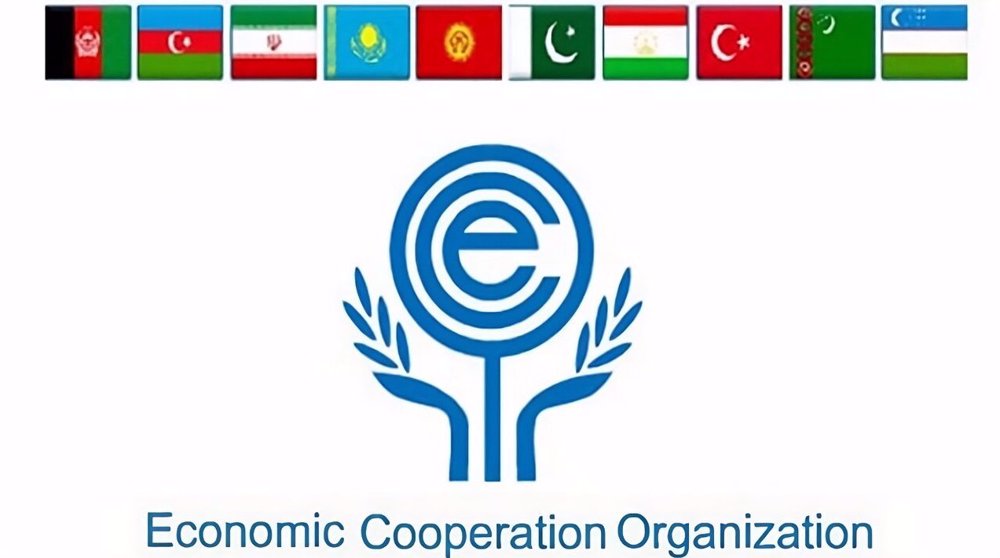
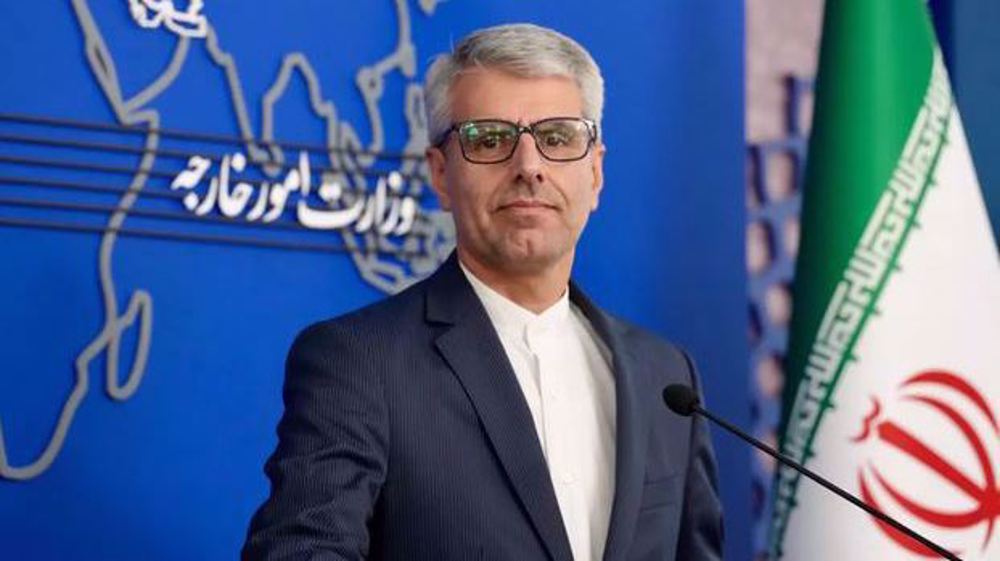
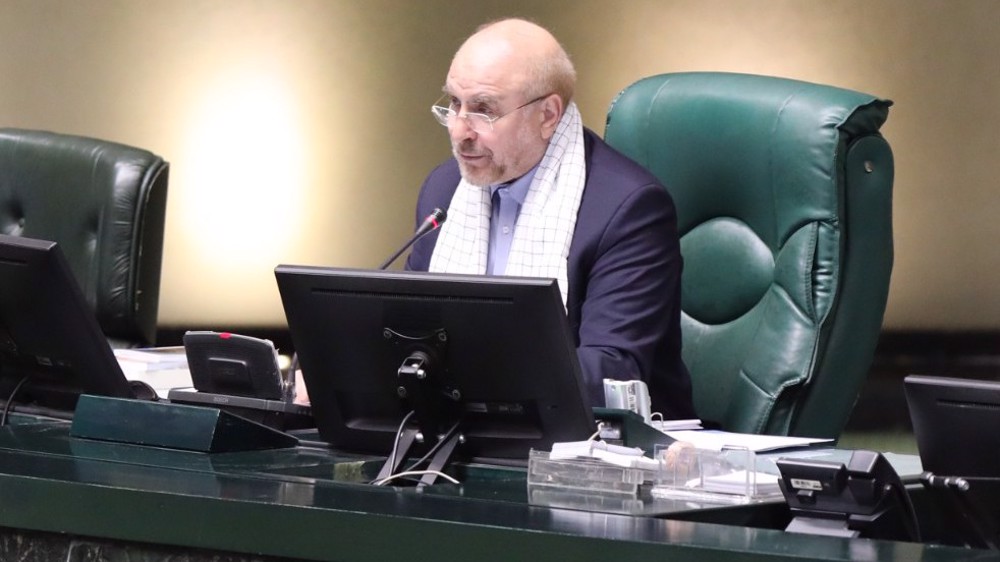



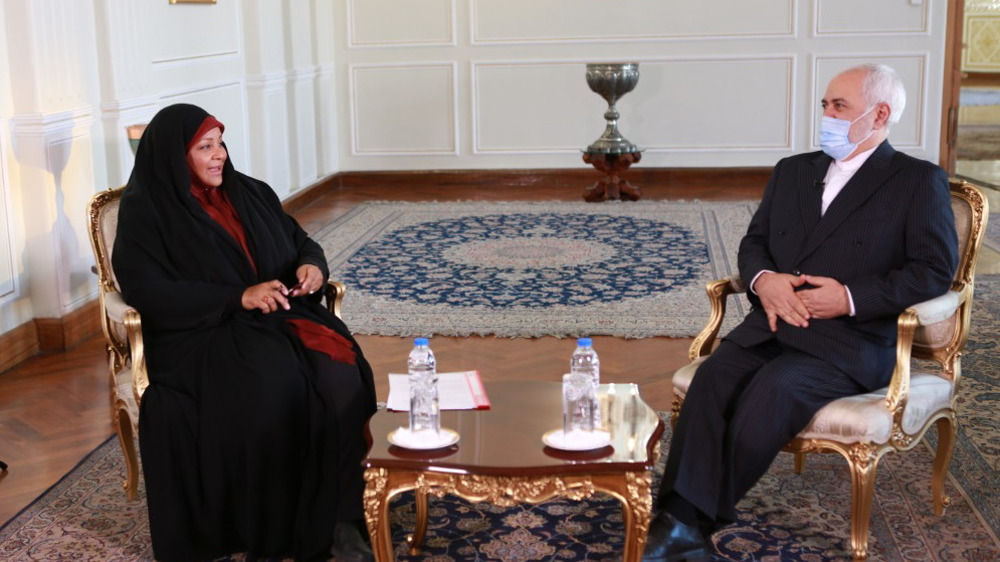
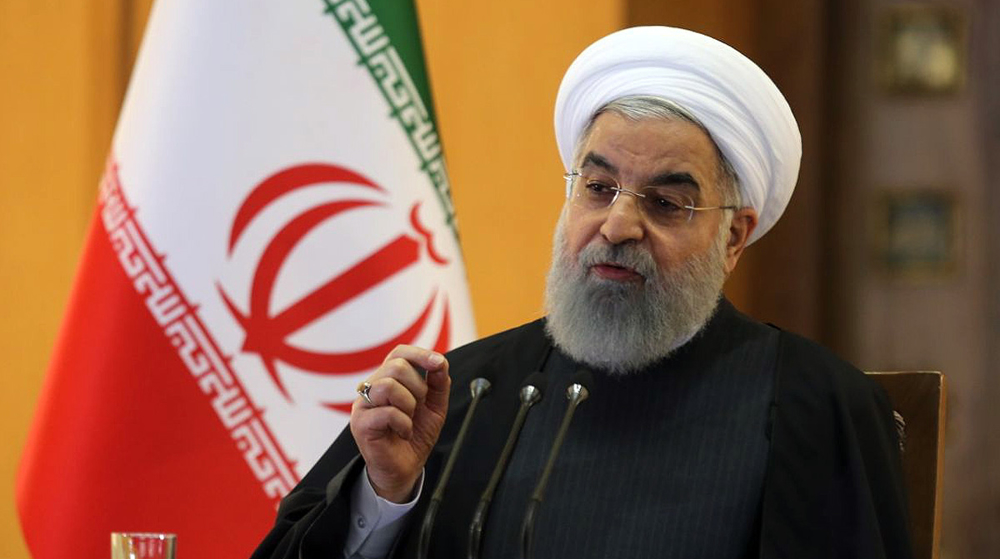
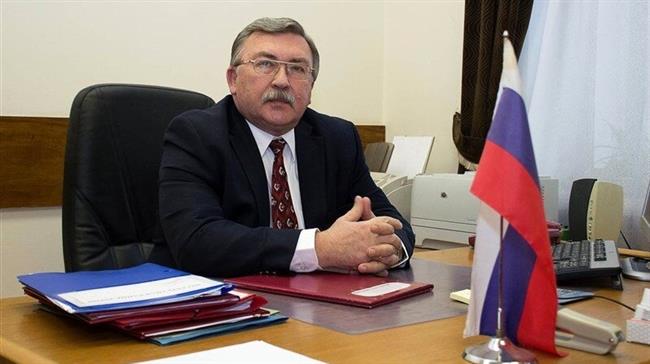





 This makes it easy to access the Press TV website
This makes it easy to access the Press TV website